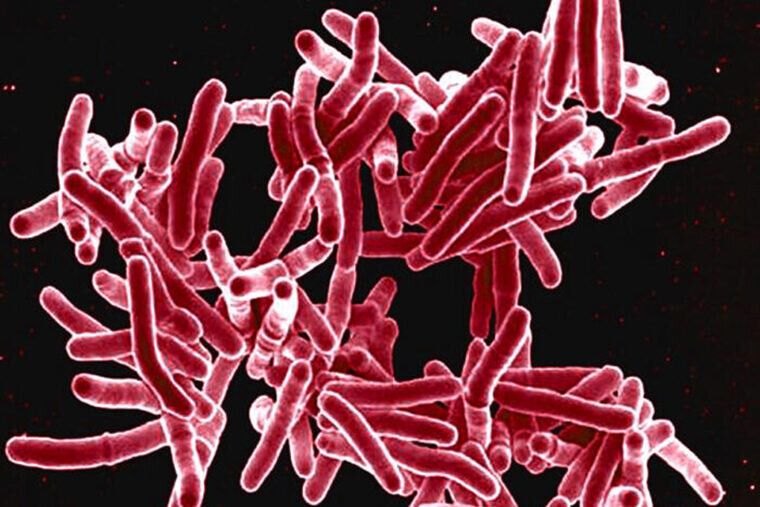About 1.5 million people died of tuberculosis (TB) in 2017, making it the most lethal infectious disease worldwide. A growing rise in drug-resistant TB is a major obstacle to successfully treating the illness.
Now, researchers at Washington University School of Medicine in St. Louis and Umea University in Sweden have found a compound that prevents and even reverses resistance to isoniazid, the most widely used antibiotic for treating tuberculosis.
The research, published the week of May 6 in Proceedings of the National Academy of Sciences, was conducted in bacteria growing in the lab, setting the stage for future studies in animals and people.










Comments are closed.